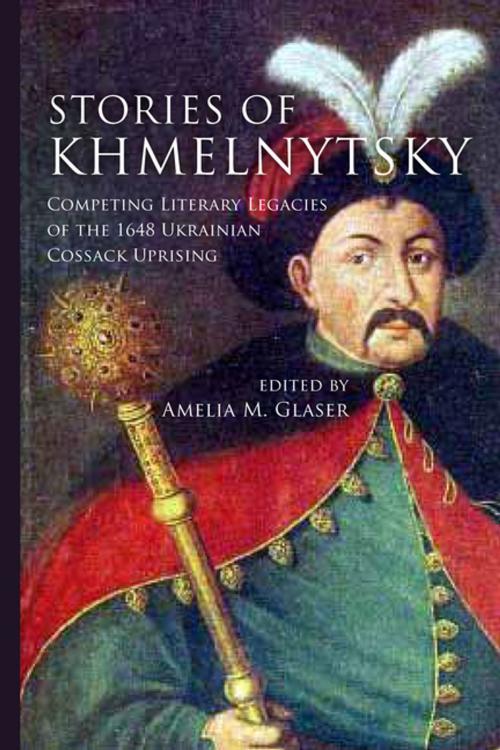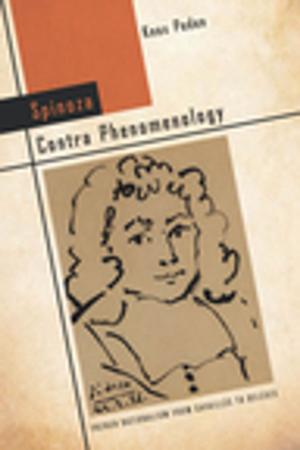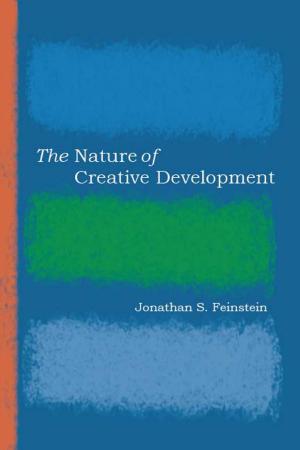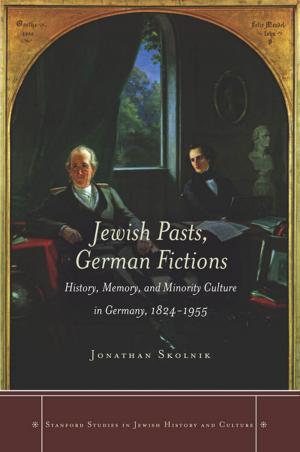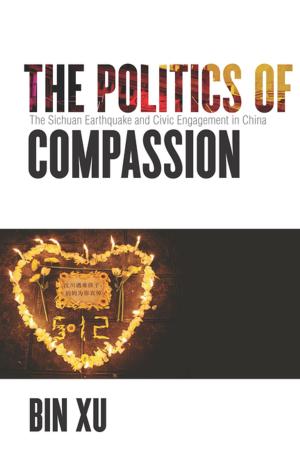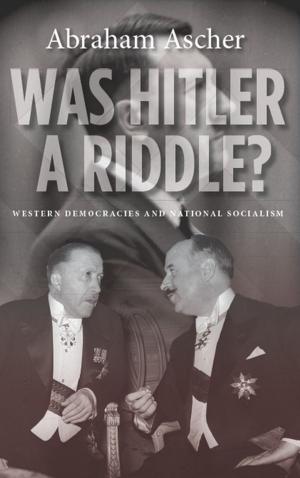Stories of Khmelnytsky
Competing Literary Legacies of the 1648 Ukrainian Cossack Uprising
Nonfiction, History, Jewish| Author: | ISBN: | 9780804794961 | |
| Publisher: | Stanford University Press | Publication: | August 19, 2015 |
| Imprint: | Stanford University Press | Language: | English |
| Author: | |
| ISBN: | 9780804794961 |
| Publisher: | Stanford University Press |
| Publication: | August 19, 2015 |
| Imprint: | Stanford University Press |
| Language: | English |
In the middle of the seventeenth century, Bohdan Khmelnytsky was the legendary Cossack general who organized a rebellion that liberated the Eastern Ukraine from Polish rule. Consequently, he has been memorialized in the Ukraine as a God-given nation builder, cut in the model of George Washington. But in this campaign, the massacre of thousands of Jews perceived as Polish intermediaries was the collateral damage, and in order to secure the tentative independence, Khmelnytsky signed a treaty with Moscow, ultimately ceding the territory to the Russian tsar. So, was he a liberator or a villain? This volume examines drastically different narratives, from Ukrainian, Jewish, Russian, and Polish literature, that have sought to animate, deify, and vilify the seventeenth-century Cossack. Khmelnytsky's legacy, either as nation builder or as antagonist, has inhibited inter-ethnic and political rapprochement at key moments throughout history and, as we see in recent conflicts, continues to affect Ukrainian, Jewish, Polish, and Russian national identity.
In the middle of the seventeenth century, Bohdan Khmelnytsky was the legendary Cossack general who organized a rebellion that liberated the Eastern Ukraine from Polish rule. Consequently, he has been memorialized in the Ukraine as a God-given nation builder, cut in the model of George Washington. But in this campaign, the massacre of thousands of Jews perceived as Polish intermediaries was the collateral damage, and in order to secure the tentative independence, Khmelnytsky signed a treaty with Moscow, ultimately ceding the territory to the Russian tsar. So, was he a liberator or a villain? This volume examines drastically different narratives, from Ukrainian, Jewish, Russian, and Polish literature, that have sought to animate, deify, and vilify the seventeenth-century Cossack. Khmelnytsky's legacy, either as nation builder or as antagonist, has inhibited inter-ethnic and political rapprochement at key moments throughout history and, as we see in recent conflicts, continues to affect Ukrainian, Jewish, Polish, and Russian national identity.
